AI Generator
The Future Of Music: How Ai Is Revolutionizing The Industry
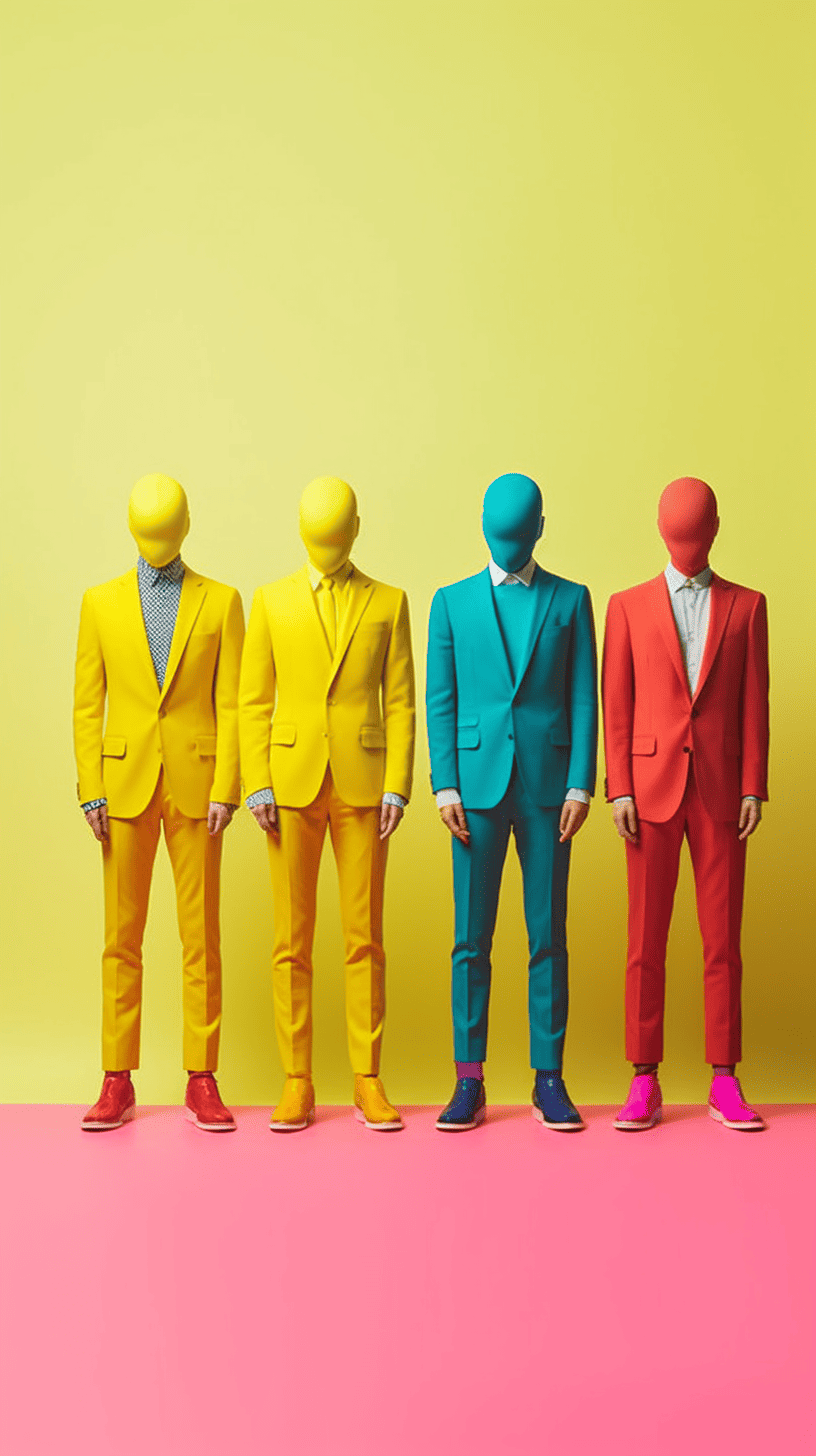
The world of music is rapidly changing with the introduction of AI technology. It’s revolutionizing the industry in ways that we could never have imagined, and it feels like a tidal wave of innovation is about to sweep us off our feet.
AI technology has opened up an entirely new realm for creative possibilities, and it’s transforming every aspect of music: from creation to consumption, distribution to education.
With such immense potential on the horizon, one thing is certain – this incredible wave of music technology will change our lives forever.
Understanding AI Technology
By understanding the technology behind AI, we can gain a better grasp on how it’s transforming our world. However, some may be concerned that this could lead to a loss of creativity.
To illustrate this point, let’s create an image of a robot playing alongside a person. Machine learning and sound synthesis are two key components that make up the core of AI technology in music production.
Sound synthesis involves using algorithms to generate sounds from scratch, while machine learning enables the computer to take in data and learn for itself how to compose, arrange, and mix tracks. As these technologies continue to develop, they will become increasingly powerful tools for creating new sounds or compositions with little or no human input.
This could result in some truly innovative pieces being produced as AI finds unique ways to interpret and manipulate sounds. Ultimately, though, it is important to understand both the potential and limits of AI-driven music creation before embracing its impact on our industry.
With thoughtful consideration and proper use of these tools, we can ensure that creativity remains at the forefront as we move into an exciting future filled with possibilities.
Impact on Music Creation
With the dawn of technology, music creation is being transformed in ways unimaginable before!
Audio synthesis and creative bots are revolutionizing how music is composed, produced, and distributed. AI-powered tools, such as Adobe’s Project Voco, allow users to edit audio files by changing words or even entire sentences without compromising on sound quality. Similarly, Google’s Magenta project is using neural networks and machine learning techniques to create original compositions with no human intervention.
These advancements have enabled musicians to explore a variety of musical styles more quickly than ever before. AI-driven technologies can generate fresh musical ideas that might otherwise not be considered by humans, while at the same time providing access to a plethora of new sounds and effects.
Moreover, they can help automate tedious tasks such as beat matching and searching for samples – freeing up valuable creative energy for musicians to focus on other aspects of their work. With all these groundbreaking possibilities available, it’s clear that artificial intelligence will continue to play an increasingly important role in music creation for years to come.
Impact on Music Consumption
Consumption of music is being profoundly altered by the rise of technology, transforming the way we listen and interact with it.
The emergence of digital streaming platforms has created an entirely new market for music consumption, one where users can access vast libraries of music at their fingertips. Music streaming services such as Spotify and Apple Music have revolutionized how people discover, listen to, share, and curate playlists of their favorite songs.
This kind of user-driven curation provides a personalized experience that allows listeners to find new content tailored to their specific taste rather than relying on radio stations or record labels for discovery. The ability to quickly stream high-quality audio and access virtually any track from any artist has transformed the way we consume music.
No longer are listeners limited to what’s playing on the radio or what stores carry in stock – they can search through millions of songs with just a few clicks.
With this newfound power comes immense responsibility: listening habits now shape trends in popular culture more than ever before. It’s up to us as consumers to decide which artists will break into mainstream success by supporting them and sharing their work with others.
Impact on Music Distribution
I’m interested in exploring the impact of AI on music distribution. Specifically, I’d like to examine how AI-powered music search and AI-powered radio are transforming the industry.
Through this discussion, we can gain a better understanding of what these technologies mean for the future of music and its distribution.
AI-powered music search
You’ve likely heard of search engines like Shazam, which use AI to help you find the name of a song you’re trying to identify. In fact, according to the International Federation of the Phonographic Industry, over one billion uses of music search services occurred in 2020 – an increase of more than 50% from 2019!
AI-powered music search is revolutionizing how we discover and engage with music. It offers several advantages over traditional methods:
- Song recommendation: AI-powered search engines can scan vast libraries of songs and recommend titles that match your preferences.
- Lyric analysis: Music search services can analyze lyrics for meaning and offer insight into a song’s message or content.
- Content curation: Automated systems can quickly sort through large amounts of data and organize it based on user preference or other criteria, making it easier for users to find what they’re looking for.
- Personalization: Users can customize their searches by selecting specific genres, artists, or albums so they get results tailored to their tastes.
With these capabilities, AI-powered music search is set to become a powerful tool for discovering new sounds and pushing boundaries in the industry. As such, it has rapidly become an indispensable part of our musical landscape – changing how we access our favorite tunes.
AI-powered radio
With AI-powered radio, you can enjoy a personalized listening experience tailored to your tastes and preferences. Human computer interaction is at the core of this technology, providing users with an intuitive way to curate their own music playlists.
AI-powered radio is rapidly changing music listening trends, making it easier than ever for people to discover new music that they may have otherwise missed. The impact on music education is clear: AI-powered radio offers students access to a vast selection of musical genres and artists from around the world.
It provides them with an unprecedented opportunity to explore different styles and appreciate a variety of sounds that can help expand their understanding of the art form. With this newfound knowledge, students are better equipped to make informed decisions about which songs or albums they want to purchase or listen to in their spare time.
Impact on Music Education
You’ve likely heard how technology is transforming music education, and Artificial Intelligence (AI) is no exception.
AI-powered music tools are becoming increasingly popular in the classroom, allowing students to interact with their learning in a more dynamic way.
With AI-enabled music pedagogy, teachers can create interactive lessons that are personalized for each student’s individual learning style and needs. This allows for more hands-on instruction, as well as a greater focus on critical thinking skills such as problem-solving and creative expression.
Additionally, AI can be used to analyze student performance data, providing teachers with insightful feedback about their teaching methods and curriculum design.
With AI playing an ever larger role in the music education landscape, it’s clear that this technology has the potential to revolutionize how we learn about and perform music.
Frequently Asked Questions
What are some potential risks of using AI in the music industry?
As AI technology continues to become more prevalent in the music industry, there are potential risks that need to be considered.
For example, one of the most pressing issues is the potential for unintended consequences from automated decisions, such as royalty disputes that could arise when algorithms dictate how compositions and recordings should be monetized. This can lead to royalties being divided unequally among artists, or even worse, denied altogether.
Additionally, there is a risk that AI-generated music will replace human composers altogether and lead to an overall decrease in artistic creativity.
To avoid these pitfalls, it’s essential for stakeholders within the music industry to implement safeguards and protocols that ensure AI tools are used responsibly and ethically.
How can AI technology be used to help protect copyrights?
As the use of AI technology grows in the music industry, there’s an increasing need to protect copyrights.
Data privacy and royalty tracking are essential components that can be addressed using AI technology. By automating these processes, it’s possible to effectively monitor copyright infringement. This allows artists and labels to quickly seek legal recourse against any unauthorized use of their music.
Furthermore, AI can be used to develop advanced algorithms that can verify the authenticity of a song or track. In addition, it can identify potential copyright violations in real-time. With this technology being increasingly implemented within the industry, copyrights are being better protected than ever before.
How will AI technology affect the income of music artists?
As AI technology continues to progress and be used in the music industry, there are many implications for music artists.
One major concern is how it will affect their income. AI can help reduce music piracy which allows artists to gain more revenue from their work, but it could also potentially devalue the work of musicians through automated algorithms that create music with no human input.
This could lead to a decrease in pay for artists and have career implications. As such, it’s important for those in the industry to stay informed on the latest developments in AI and how they will impact artist’s careers going forward.
What are the ethical considerations of using AI in the music industry?
As the music industry moves towards integrating AI technology, there are a number of ethical considerations that must be taken into account.
These include artist rights and royalty payments, which can be significantly impacted by AI’s ability to automate processes and generate new musical compositions without needing human input. This raises questions of fairness in terms of compensation for creative work, as well as copyright issues surrounding who owns the rights to these compositions.
Additionally, AI algorithms may privilege certain types of music over others, influencing what is popular and available in the wider marketplace.
It’s important to consider all these factors when introducing AI into any aspect of the music industry.
How does AI technology compare to traditional music production and distribution techniques?
As AI technology continues to advance, it’s poised to change the way music is produced and distributed in comparison to traditional methods.
Automated composition can allow for the creation of complex musical pieces with an efficiency that surpasses traditional techniques.
In addition, streaming royalties can be generated from platforms like Spotify and Apple Music at a much greater rate than physical albums or digital downloads, giving artists more control over their intellectual property and ensuring they receive fair compensation for their work.
The use of AI in the music industry has opened up new possibilities for how we create and consume music, ushering in a new era of innovation and creativity.
Conclusion
AI technology is revolutionizing the music industry in many ways. It has changed the way we create and consume music, as well as how we distribute it and educate ourselves on the subject.
AI allows us to be more creative and efficient with our work, while also enabling us to access a wealth of data with ease. To put it simply, AI is like an orchestra conductor that helps keep all the pieces of our musical world in harmony.
As this technology continues to evolve, it will only continue to shape the future of music for years to come – like a shining beacon guiding us towards new heights of creativity and innovation.
AI Generator
Ownership Battle in the Age of AI-Generated Music

The emergence of artificial intelligence in music production has ushered in a new era of innovation. However, it has also sparked debates over ownership rights. As AI-generated music becomes more common, concerns about who owns these creations are brought to light.
This article delves into the legal battles and ethical debates surrounding AI-generated music ownership.
Defining Ownership in AI-Generated Music
In a traditional sense, determining the owner of the copyrighted material is straightforward. However, with AI-generated content, the situation becomes more complex.

Is the creator of the algorithm that generated the music the owner? Is it the person who trained the algorithm? Is it possible to claim ownership over something not directly created by human hands?
Grimes’s Controversial Tweet: A Case Study
Grimes’s tweet about allowing her voice to be used in AI-generated music exemplifies this issue. She said she would sell her digital soul for $10 million, granting an AI company permission to use her voice as they wished. The tweet sparked controversy, with some seeing it as selling out and others viewing it as a clever move.
Legal Battles and Intellectual Property
Ownership rights of AI-generated music are just starting to be tested in courts. In 2018, Sony won a landmark case against musician Kevin Parks Jr., who claimed he had created songs using Sony’s software without permission or compensation. The court ruled in favor of Sony since their software was used in creating Parks’ songs.
This ruling raises questions about whether algorithms can be considered intellectual property or merely tools used by creators. If algorithms are deemed intellectual property, there may be issues surrounding their licensing for commercial use.
Record Labels and the Changing Dynamics
As record labels adapt to the rise of AI-generated content, they, too, must confront ownership rights issues. Record labels have historically owned much of the copyright associated with artists’ work; however, this dynamic may change as more artists turn to AI-generated music.
If an artist uses an AI program to create a piece of music, who owns the rights to that work? Is it the artist or the creator of the algorithm that generated it?
Implications for Streaming Platforms
The rise of AI-generated music also impacts streaming platforms like Spotify and Apple Music. These platforms have already faced criticism for their low royalty payouts to artists, and if AI-generated content becomes more prevalent, this issue may only worsen.
Additionally, as record labels lose some control over ownership rights, they may push for higher payouts from these streaming services.
Public Domain and AI-Generated Music
The implications of AI-generated music on the public domain are worth considering. AI algorithms often use existing music data to create new compositions, raising questions about whether AI-generated music should be considered part of the public domain or if new legal frameworks are needed to protect both original creators and AI developers.
When an AI algorithm generates music based on existing works, it can be difficult to determine if the resulting composition is a derivative work or an entirely new creation. If AI-generated music is considered part of the public domain, it may limit the rights of original creators whose work was used as input. On the other hand, if AI-generated music is granted copyright protection, it could potentially stifle creativity and limit access to cultural works.
Moral Rights and AI-Generated Music
The concept of moral rights is particularly relevant in the context of AI-generated music. Moral rights protect an artist’s right to be recognized as the creator of their work and to preserve the integrity of their creations. It is important to discuss how moral rights might apply to AI-generated music and the potential challenges that may arise.
In the case of AI-generated music, it can be difficult to determine who should be recognized as the creator: the original artist whose work was used as input, the developer of the AI algorithm, or both. Additionally, AI-generated music may inadvertently modify or distort the original work, potentially violating the moral rights of the original creator.
AI-Generated Music and Fair Use
The concept of fair use plays a significant role in the context of AI-generated music. Fair use is a legal doctrine that allows for the limited use of copyrighted material without requiring permission from the rights holder. It is important to discuss whether AI-generated music, which often relies on existing music data, can be considered fair use and the potential legal implications that may arise.
When AI algorithms use existing music as input, they may be seen as transformative, creating new works based on the original material. However, the extent to which AI-generated music can be considered fair use is not yet clearly defined in the law, and it may vary depending on the degree of transformation and the potential market impact on the original work.
In conclusion, addressing the additional topics of public domain, moral rights, and fair use in AI-generated music contributes to a more comprehensive understanding of the various legal and ethical issues surrounding this emerging technology. As AI-generated music becomes more prevalent, it is crucial for legal frameworks and industry practices to adapt in order to balance the rights of creators, AI developers, and the public interest.
The Future of Ownership Rights
In conclusion, ownership rights in the era of AI-generated music are uncertain at best. As more legal battles arise and ethical debates continue, it is clear that traditional copyright laws will need to adapt to keep up with technological advancements.
The struggle for ownership is just beginning, but it will undoubtedly shape the future of the music industry for years to come.
AI Generator
Nurturing Human Creativity in the Age of AI

As AI technology advances, it is essential that we find ways to nurture human creativity and ensure its essential role in music creation. This article explores strategies for fostering human ingenuity in the age of AI-generated music.
Maintaining the Human Touch
One approach to preserving human creativity is to view AI as a tool for artistic expression, rather than a replacement for it. Artists can use AI-generated music as a starting point for their compositions, layering their own unique ideas and experiences on top of the AI-generated foundation.
This approach allows musicians to maintain their creative voice while still taking advantage of the innovative capabilities of AI.
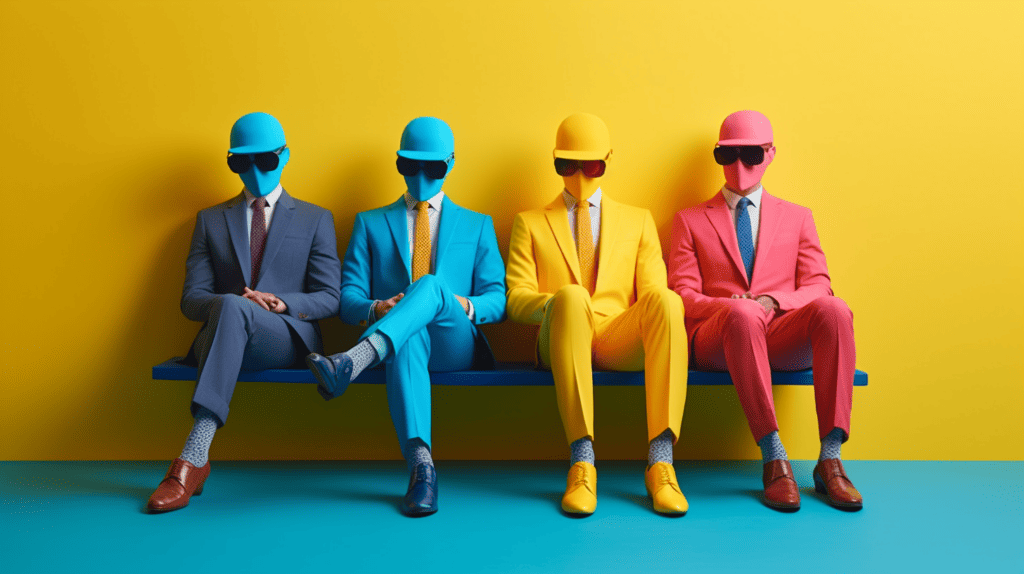
Encouraging Collaboration Between Humans and AI
Another approach is to encourage collaboration between human musicians and AI systems. By working together, artists can leverage AI-generated music’s strengths, such as the ability to process and analyze vast amounts of data, while also contributing their own creative ideas and emotions.
This collaborative approach can lead to the creation of entirely new musical genres and styles, as well as a deeper understanding of the relationship between humans and AI.
Investing in Music Education and Artistic Development
To ensure that human creativity remains a central component of music creation, it’s crucial to invest in music education and artistic development.
By teaching future generations about the importance of creativity and providing them with the skills needed to navigate the evolving music landscape, we can help maintain the human touch in the age of AI-generated music.

Creating Ethical Guidelines for AI-Generated Music
Finally, establishing ethical guidelines for the use of AI-generated music can help maintain a balance between the benefits of this technology and the importance of human creativity.
These guidelines could include regulations around ownership rights, compensation, and the appropriate use of AI-generated music in various contexts. By providing clear ethical standards, we can help ensure that AI-generated music is used responsibly and in ways that support human creativity.
Educating the Public About AI-generated Music
As AI-generated music becomes more prevalent, it is essential to educate the public about its implications, benefits, and challenges. Public awareness can help people make informed decisions about the music they consume and create a better understanding of the technology behind it. This includes discussing the various ethical considerations, ownership rights, and the impact on artists and the music industry as a whole.
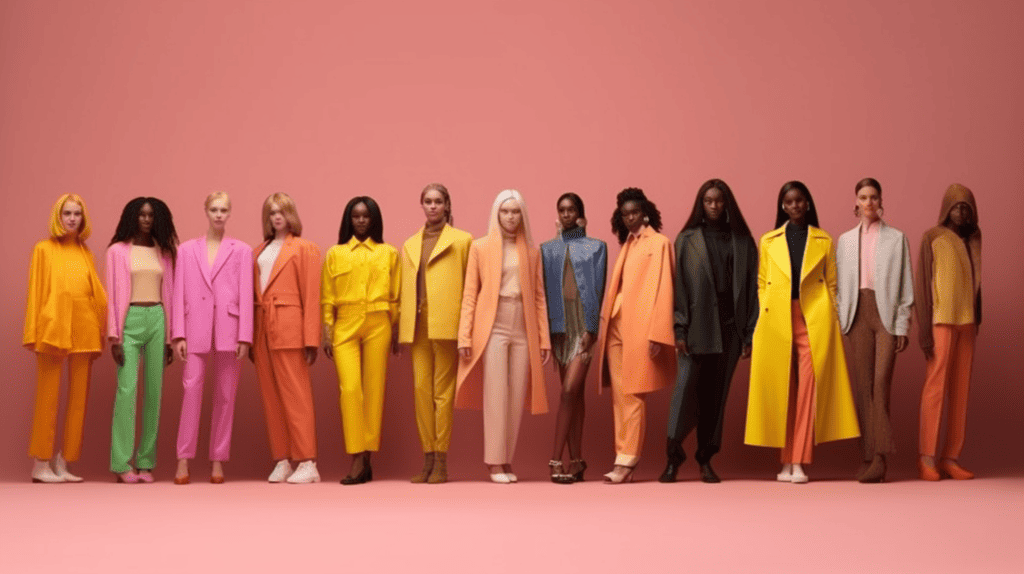
Educational programs, workshops, and online resources can be developed to inform the public about AI-generated music and its potential effects on the industry. By providing accessible information, people can better navigate the landscape of AI-generated music and develop informed opinions about its role in society.
Accessibility and Inclusivity in AI-generated Music
AI-generated music has the potential to make music creation more accessible and inclusive for people with disabilities or those who face other barriers to traditional music production. AI technology can provide alternative methods for composing, arranging, and producing music that may be more accessible to people with physical or cognitive limitations.
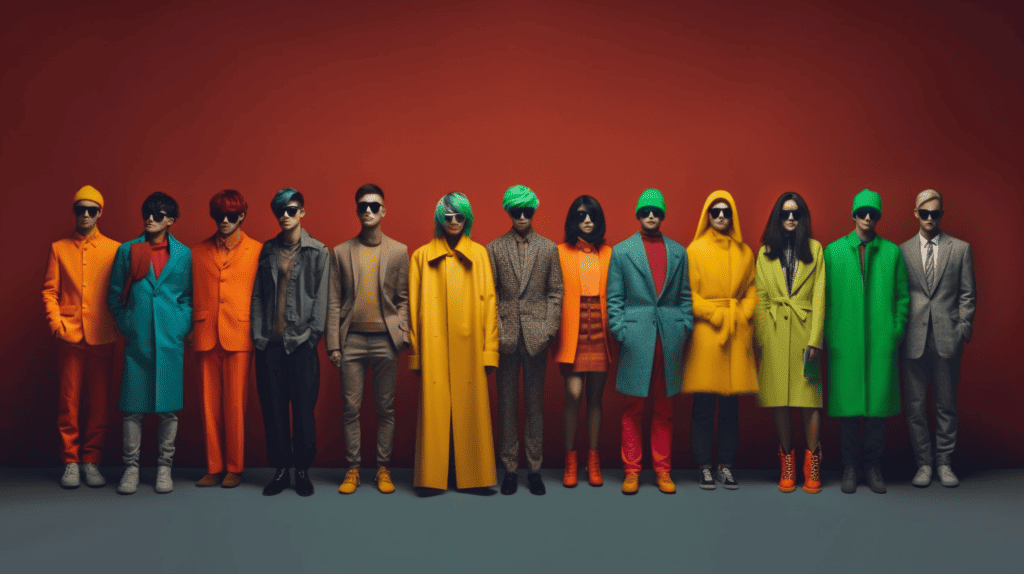
For example, AI-generated music can provide an opportunity for people with limited mobility to create music through voice commands or other alternative input methods. This can empower individuals who may not have had the opportunity to participate in music creation in the past.
However, it is essential to address potential challenges in accessibility and inclusivity, such as ensuring that AI-generated music tools are designed to be user-friendly and cater to a wide range of users, regardless of their abilities.
AI-generated Music in Film, TV, and Advertising
AI-generated music is not limited to the traditional music industry; it also has applications in other media, such as film scores, television soundtracks, and advertising campaigns. AI-generated music can provide an efficient and cost-effective alternative to traditional composition methods for various media projects, especially for smaller productions with limited budgets.
By utilizing AI-generated music in these contexts, creators can access a vast library of music that can be tailored to their specific needs, such as matching the tone or mood of a film scene or creating a catchy jingle for an advertising campaign.
AI-generated Music for Therapeutic Purposes
AI-generated music has potential applications in therapeutic contexts, such as mental health treatment, relaxation, or pain management. By utilizing AI-generated music, therapists and healthcare professionals can develop personalized music interventions to meet the specific needs of their patients.

For example, AI-generated music can be used to create customized relaxation playlists that cater to individual preferences and respond to the listener’s physiological signals, such as heart rate or breathing patterns. This personalized approach can potentially enhance the effectiveness of music-based interventions in promoting relaxation and reducing stress.
Future Developments and Trends in AI-generated Music
As technology continues to advance, AI-generated music is expected to become more sophisticated and versatile. Future developments may include the creation of new AI-driven instruments, more advanced algorithms capable of generating complex compositions, and the integration of AI-generated music into live performance settings.
These advancements may lead to new genres of music, innovative performance styles, and novel ways of engaging with music as both creators and listeners. However, it is important to continue addressing the ethical considerations, ownership rights, and potential impacts on artists and the music industry as these advancements unfold.
Conclusion
In conclusion, while AI-generated music presents challenges for human creativity, it also offers new opportunities for artistic expression and innovation. By maintaining the human touch, encouraging collaboration between humans and AI, investing in music education, and establishing ethical guidelines, we can foster human creativity in the age of AI-generated music.
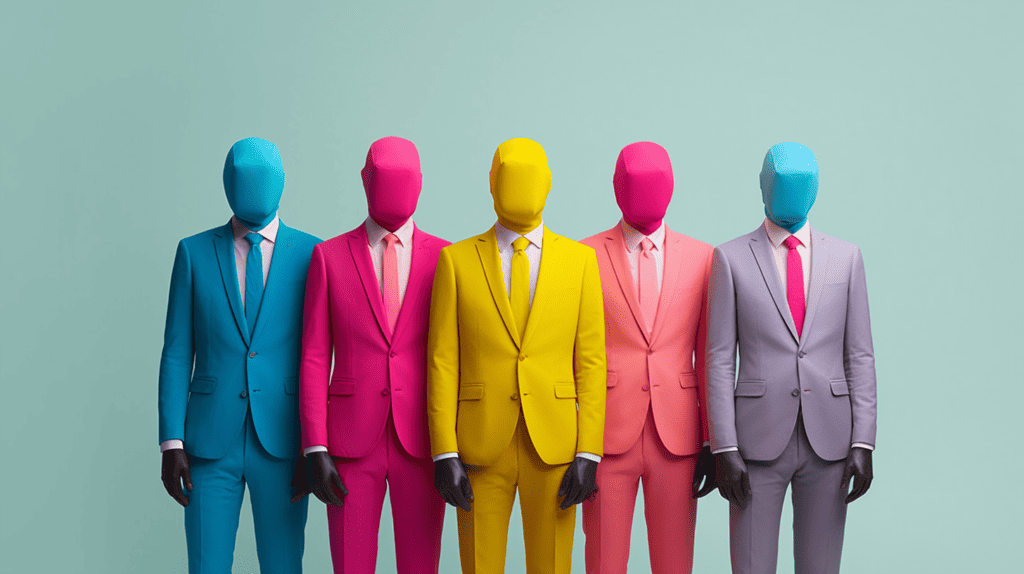
Ultimately, it’s up to us as a society to find ways to embrace this technology while also ensuring that human creativity remains at the heart of music creation.
Amore comprehensive understanding of AI-generated music’s role in the broader cultural and societal context, as well as potential future directions for this technology. By considering these aspects, we can develop a well-rounded perspective on the impact of AI-generated music and its potential to shape the future of music creation and consumption.
AI Generator
The Influence of Artificial Intelligence on The Creation of Music

A New Era of Creativity and Expression
Music has always been a strong reflection of human innovation and emotions. Throughout history, our voices and musical instruments have played a crucial role in expressing our feelings, telling stories, and building relationships with others. As technology has advanced, our ways of creating music have also progressed.
Modern musicians now have access to various tools, enabling them to manipulate sound in unimaginable ways. Synthesizers can emulate virtually any sound, while digital audio workstations facilitate precise editing and manipulation of recorded tracks. And now, the rise of artificial intelligence (AI) offers musicians even more possibilities for music creation.
AI Applications in the Music Industry
AI is being utilized in multiple ways within the music industry. One popular application is generating original compositions based on existing musical data sets. By analyzing millions of songs across genres and periods, AI algorithms can identify patterns and generate new melodies or chord progressions that fit within those patterns.
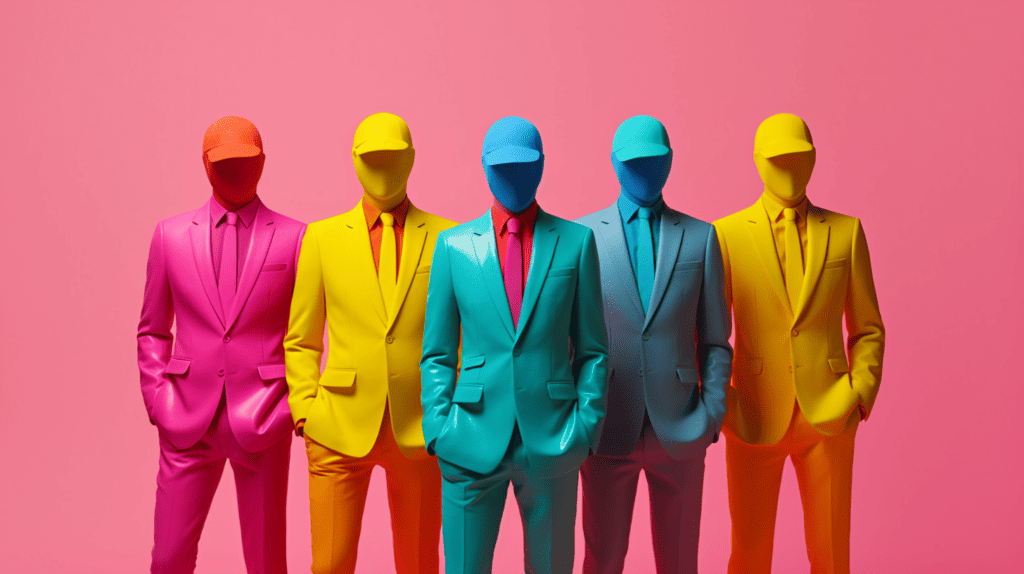
Another application involves using AI to enhance existing performances or recordings. For instance, software like iZotope’s RX can isolate individual instrumental tracks from a mix and remove unwanted noise or artifacts without impacting the rest of the recording.
Unintended Consequences and Concerns
However, as with any emerging technology, unintended consequences arise from using AI in music creation. One worry is that AI-generated music might lack the emotional depth and nuance that human performance offers. While an algorithm can create technically proficient melodies or chord progressions, it may not capture the same sense of emotion or passion found in a live performance.
Another concern revolves around ownership rights of AI-generated music. If an algorithm generates an original composition based on data sets owned by multiple parties (such as record labels or streaming platforms), who has the rights to that composition? This question has already sparked legal battles between artists collaborating with AI algorithms and those claiming ownership over their contributions.
Harnessing AI for Collaboration and Growth
Many musicians and industry professionals see AI as an opportunity for collaboration and growth. AI can be a creative assistant, inspiring artists, helping them overcome writer’s block, or even offering suggestions to improve their compositions. As AI technology continues to evolve, its ability to learn from and adapt to a musician’s style will improve, further enhancing the creative process.
AI in Music Education and Talent Discovery
AI also has the potential to revolutionize music education and talent discovery. With AI-powered music learning apps and platforms, students can receive personalized instruction based on their skill level and learning style. Furthermore, AI can analyze and identify undiscovered talent by evaluating their performances and predicting their potential for success.
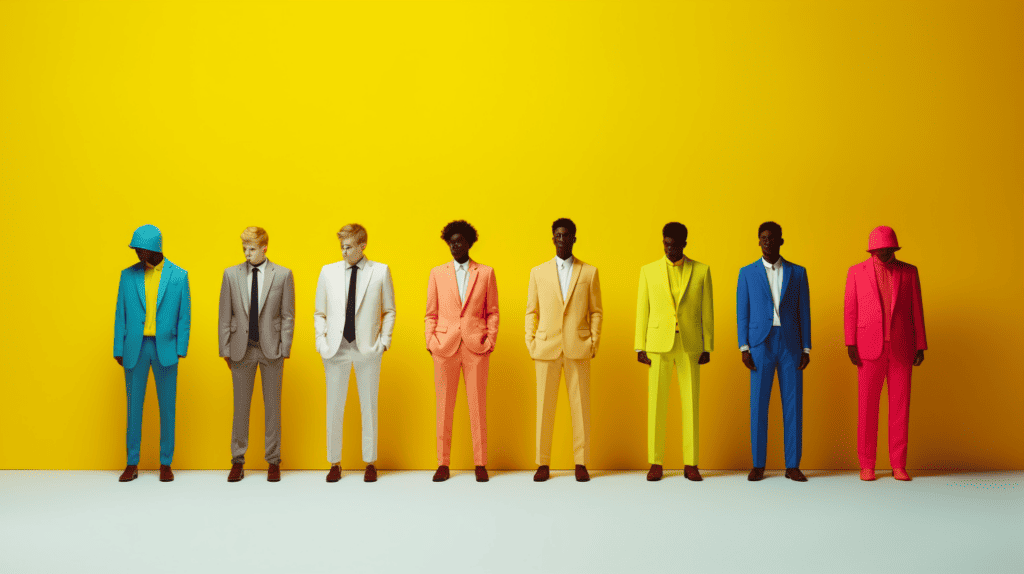
Addressing Ethical Considerations and Regulations
To ensure the responsible integration of AI into the music industry, it is essential to address ethical considerations and establish regulations. For instance, guidelines should be set to ensure that AI-generated compositions do not infringe on existing copyrights or that AI technology is not used maliciously to plagiarize or manipulate the work of others.
Additionally, as AI-generated music becomes more prevalent, it is crucial to develop clear standards for crediting the contributions of both human artists and AI algorithms to a given work. This will help to prevent legal disputes and foster a fair and transparent environment for all parties involved.
Ethical Considerations in AI-Generated Music
As AI-generated music becomes increasingly widespread, various ethical concerns emerge. Some of these concerns include the potential for AI-generated music to contribute to cultural appropriation, the dilution of traditional music styles, or the homogenization of music in general.
Cultural Appropriation
Cultural appropriation occurs when elements of one culture are adopted or used by members of another culture, often in a way that is disrespectful or exploitative.

AI-generated music, which often relies on large datasets of existing music, might inadvertently incorporate elements of various cultures without giving proper credit or understanding the cultural context. This can result in the misrepresentation or trivialization of the original culture and may lead to further marginalization of underrepresented communities.
Dilution of Traditional Music Styles
AI-generated music algorithms are often designed to identify popular patterns and trends within the music they analyze.
As a result, the output may lean heavily toward mainstream or widely-accepted styles, which can dilute traditional or less-popular music styles. Over time, this may result in a decline in the diversity of music genres and a loss of unique cultural expressions and heritage.
Homogenization of Music
The widespread use of AI-generated music could also contribute to the homogenization of music, as algorithms tend to create compositions based on patterns and trends found in existing data. This may result in technically proficient music lacking the distinctiveness and creativity found in human-generated compositions.
As AI-generated music becomes more prevalent, there is a risk that the rich tapestry of diverse musical styles and influences may be reduced to a more uniform, less imaginative landscape.
In conclusion, while AI-generated music offers exciting opportunities for innovation and new forms of creativity, addressing and considering the ethical implications of its widespread use is crucial. It is essential to develop ways to preserve cultural diversity and respect the heritage of various music styles while embracing the potential of AI in music creation.
Embracing the AI-Infused Future of Music
The increasing influence of AI in the music industry offers an exciting new frontier for creativity, collaboration, and innovation. By addressing the potential concerns and working together to create ethical guidelines and regulations, musicians, industry professionals, and AI developers can ensure that the integration of AI into the music landscape is both responsible and beneficial.
As we embrace this AI-infused future, we can look forward to new and innovative ways to create and enjoy music, while also remaining mindful of the potential pitfalls and challenges that come with any technological advancement. With the right approach, the future of music and AI has the potential to be a harmonious and groundbreaking partnership.
Despite these concerns, it’s undeniable that AI is revolutionizing the music industry in thrilling ways. It enables new forms of creativity and experimentation while also presenting unique challenges for artists and record labels alike. As we continue to navigate this new era of music creation, it will be fascinating to see how these unintended consequences evolve.
-

 Vetted2 months ago
Vetted2 months ago11 Best Gore Websites to Explore the Darker Side of the Internet
-
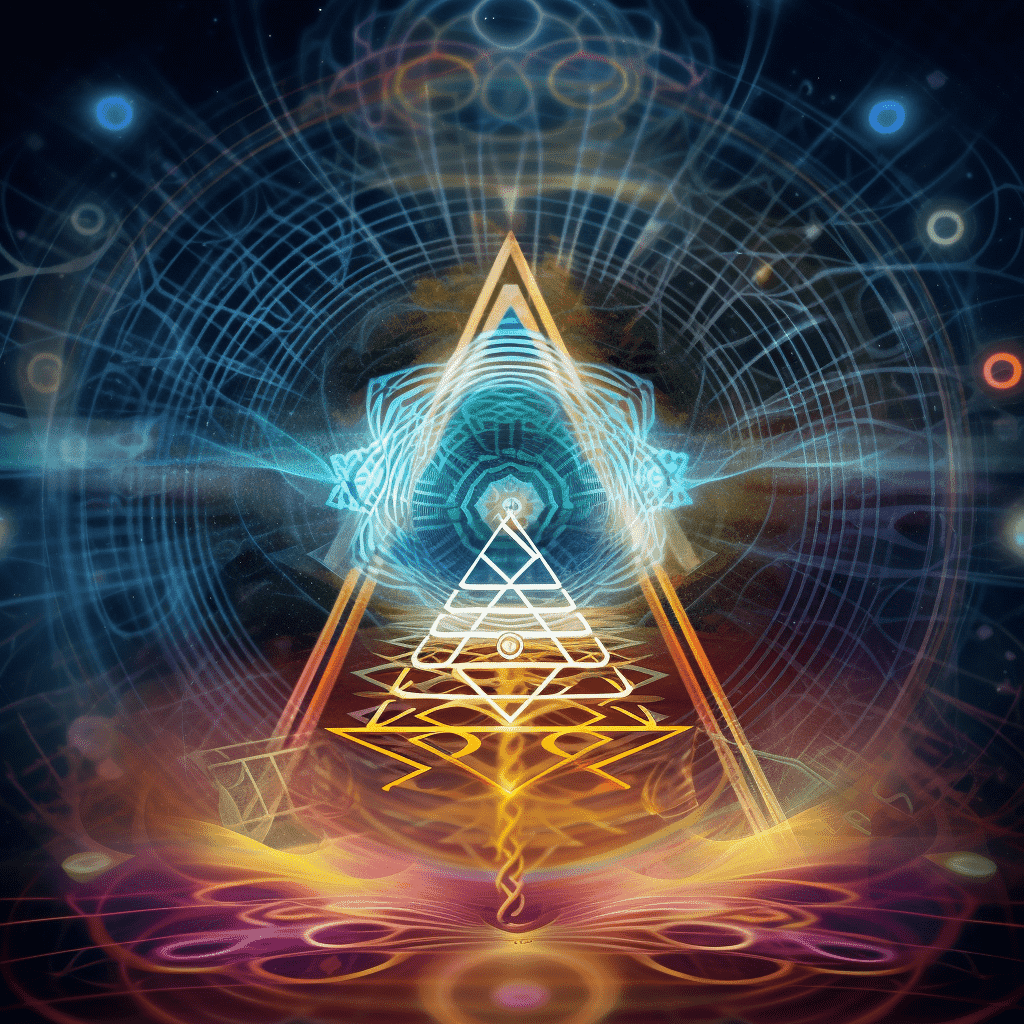
 Music Theory2 weeks ago
Music Theory2 weeks agoUnlocking Nature’s Harmony: The Power of 432 Hz Frequency in Sound & Music for Enhanced Living and Well-Being
-

 Vetted1 month ago
Vetted1 month ago15 Best Commercial Vacuum Cleaners for Heavy-Duty Cleaning Jobs
-

 Vetted2 months ago
Vetted2 months ago15 Best Essential Oils Brands to Elevate Your Aromatherapy Experience
-
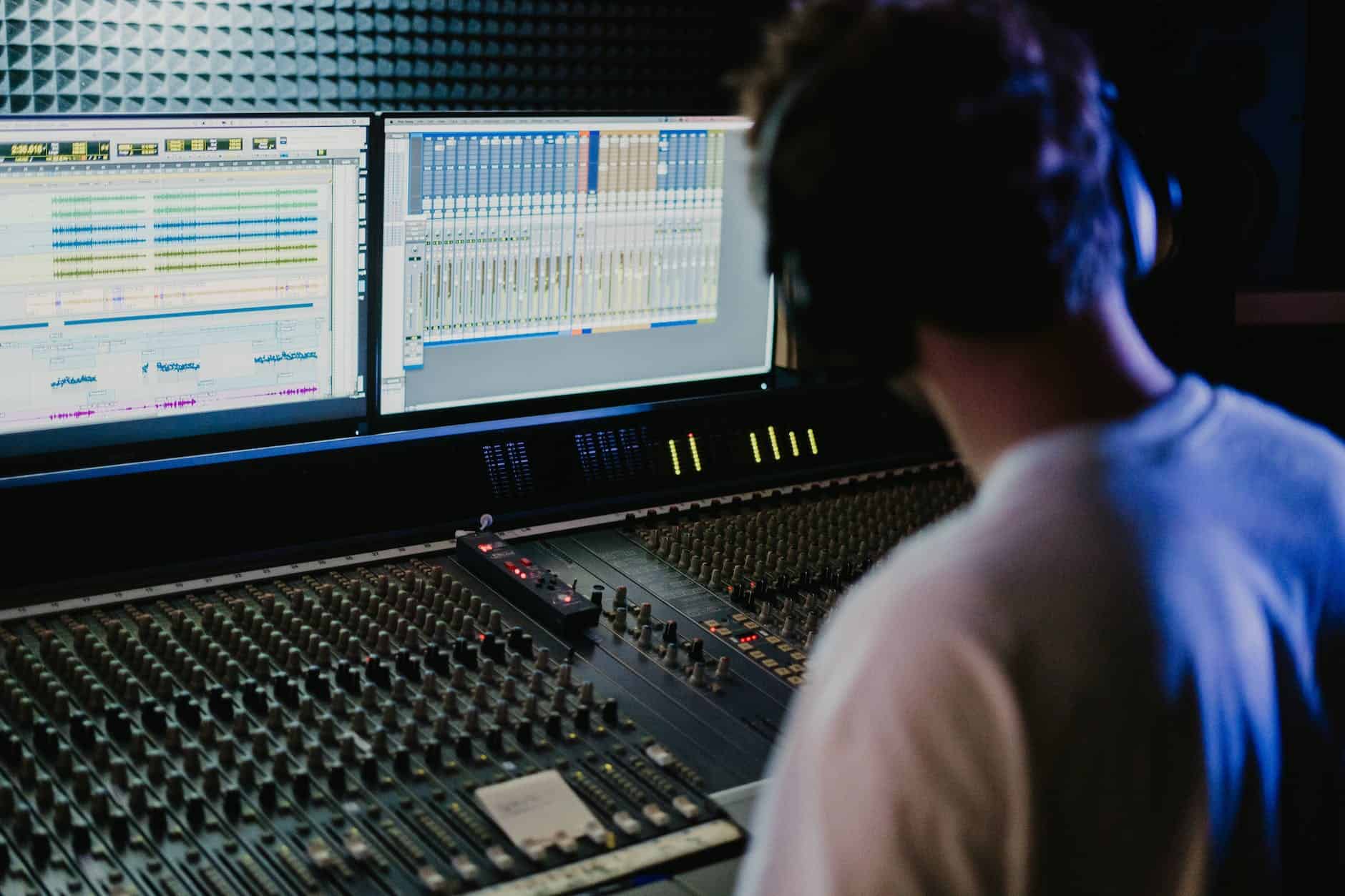
 Sound Design2 weeks ago
Sound Design2 weeks agoWhat Is the Difference Between a Sound Engineer and A Sound Designer?
-

 Native Instruments Kontakt2 weeks ago
Native Instruments Kontakt2 weeks agoVOCAL AI – Animated Intelligence: The Ultimate Vocal Playground
-
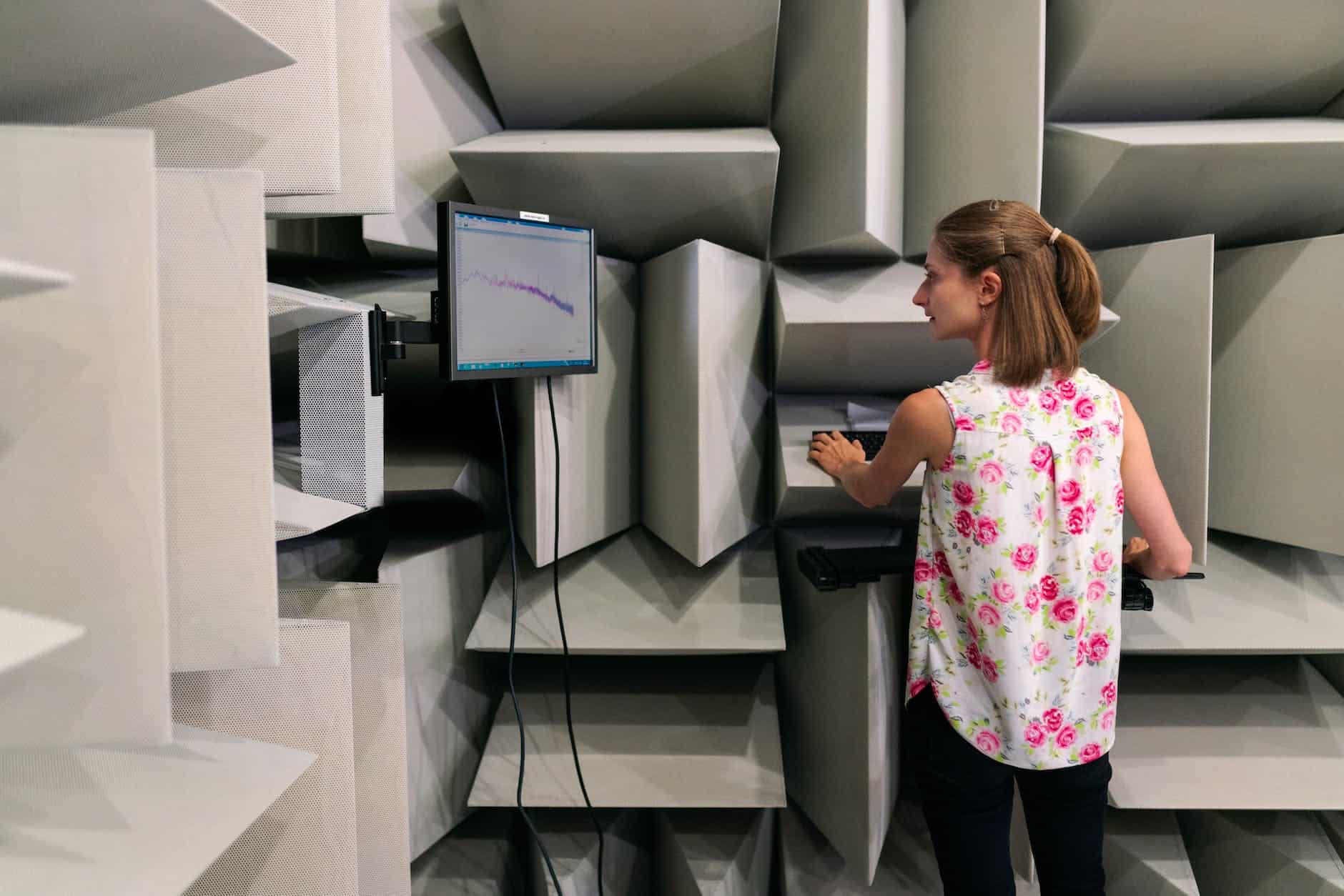
 Sound Design2 weeks ago
Sound Design2 weeks agoWhy Sound Engineer
-

 Vetted2 months ago
Vetted2 months ago15 Best Concrete Sealers for Ultimate Protection and Longevity









